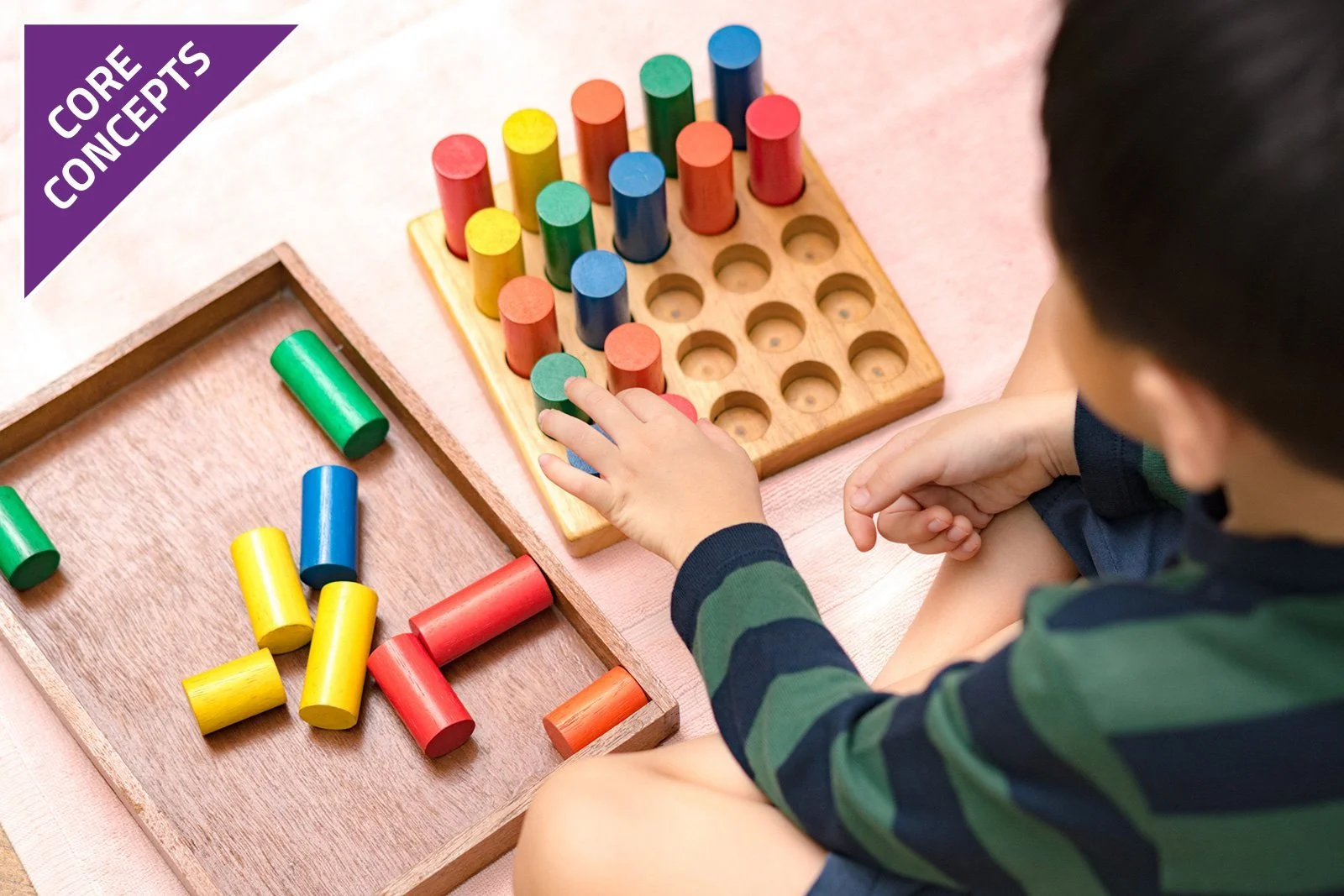READ STORIES THAT MATTER
Ibbaka Skill & Talent Blog
Core Concepts: Skill Categories
Categorization is a fundamental cognitive ability - something that is critical in almost any human thought. Deeply rooted in philosophy, it is present in nearly every human activity. We love to organize things, sort them and apply labels to every box. How are we going to categorize skills?
Let's share insights on teams with Brandon Hall
Brandon Hall Group, a leading research firm in the talent and learning space, is currently conducting an important survey on How Do You Build Teams for the Future of Work? We plan to tag teams on our platform with different types of teams and see if there are any differences in skill patterns. What questions about skills and teams would you like to pose and see answered?
Games and Arts - A new skill category?
Skill categories help to organize competency models and skill profiles. But any category system will have gaps and need an ‘other’ category. How do we design such category systems and when do we decide to add new categories or to combine existing categories? Does Ibbaka talent need a category for games and arts?
Time to go beyond soft skills to uncover our enduring skills
One frequently hears people contrast soft skills with more technical skills. The term soft skills is meaningless. We need a better way to categorize skills. One approach is to consider foundational, social, business, technical and design skills as equally important. This can help uncover human potential and find the enduring skills needed in a time of change.
Why categorize skills? The power of frames.
Ibbaka Talent uses a set of categories to help organize skills. We started with a folksonomy approach then added categories to help people see skills more clearly.












